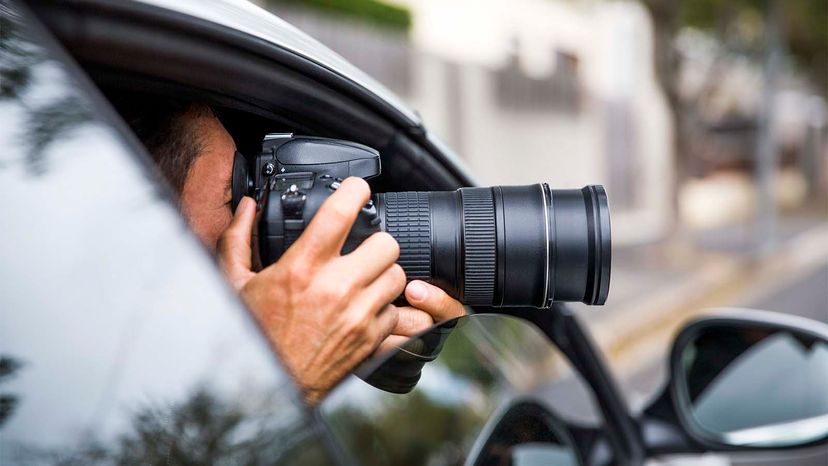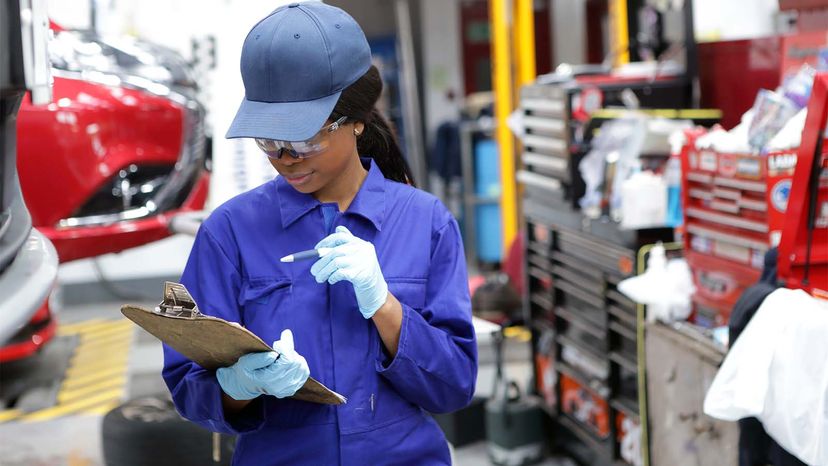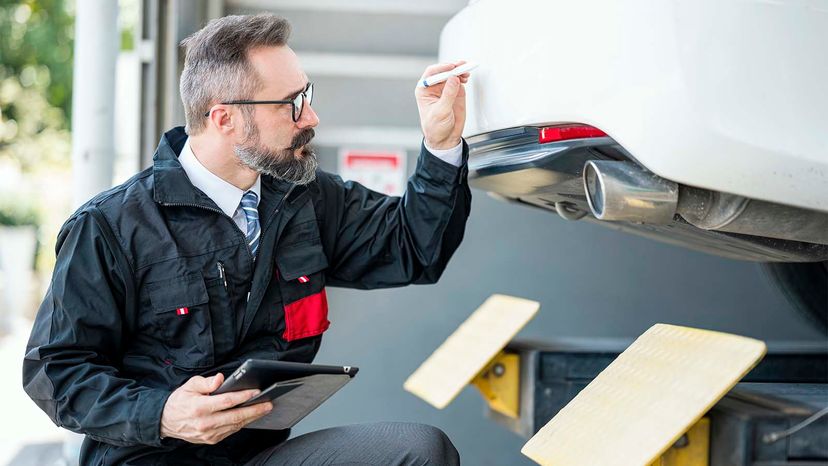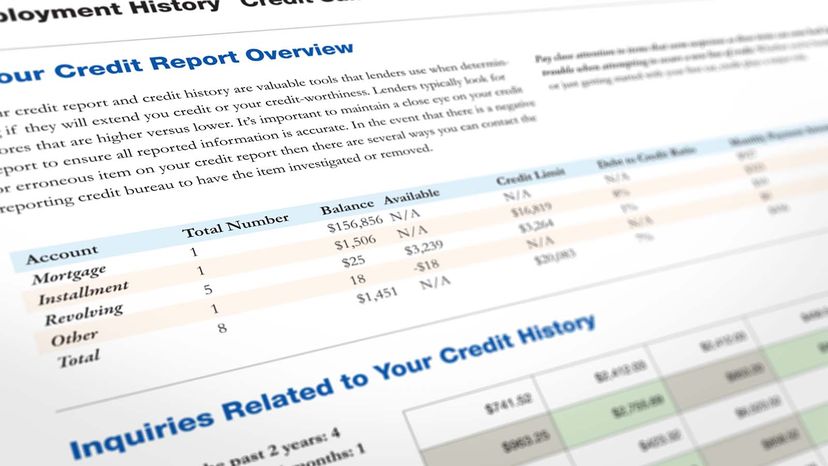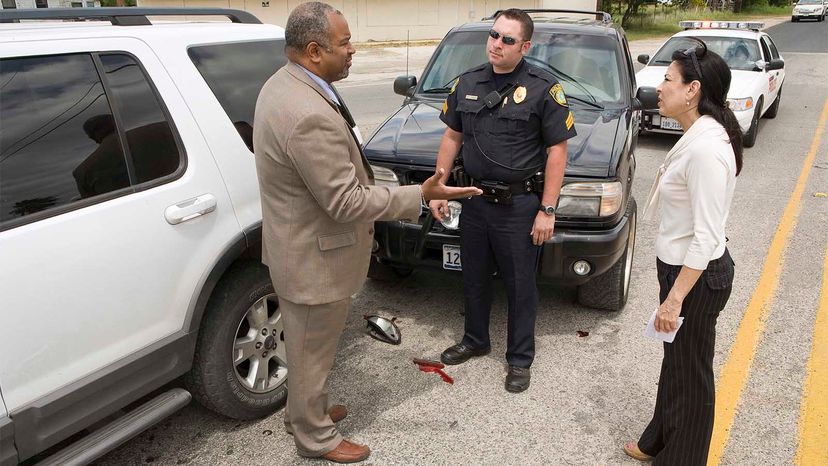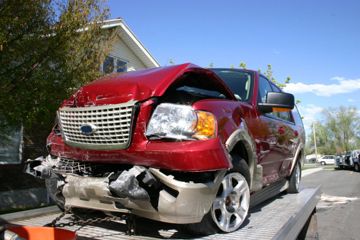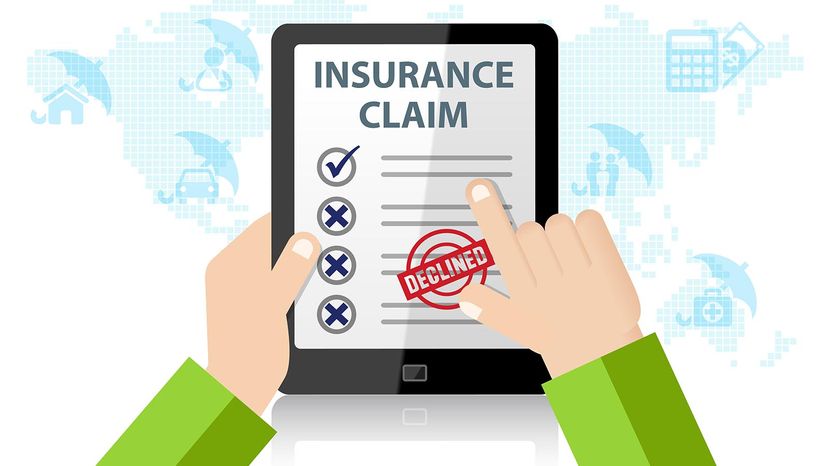
Insurance fraud is a bigger problem in the United States than you might guess. And the people who commit it are increasingly creative. While there are plenty of common scams out there — like pretending you lost an expensive piece of jewelry, then filing a claim — fraudsters also perpetrate scams by, say, stagingcar accidents.
For example, a motorist in front of you may suddenly hit the brakes in the hopes you'll hit him; if you do, he'll then fake an injury. Or someone may craft a counterfeitvehicle titleor registration for a nonexistent (but expensive) antique or luxury car, then report the car stolen and file a claim.
Advertisement
Such rip-offs cost Americans at least $80 billion a year, according to theCoalition Against Insurance Fraud, and stretch across all fields, including health insurance, property insurance, auto insurance and workers' compensation. While78 percent of Americanssay they're worried about insurance fraud, some people deem minor rip-offs acceptable, such aspadding a claimto cover the deductible you're required to pay.
Yet while insurance fraud may be widespread, it's certainly not being ignored. Insurers are constantly working to thwart fraud through a wide variety of means, including the use ofartificial intelligence(AI). So before you ponder submitting a fraudulent claim, check out these 10 ways in which such a claim might be scrutinized. And if you're found guilty, it may mean a hefty fine or the slammer for you.


